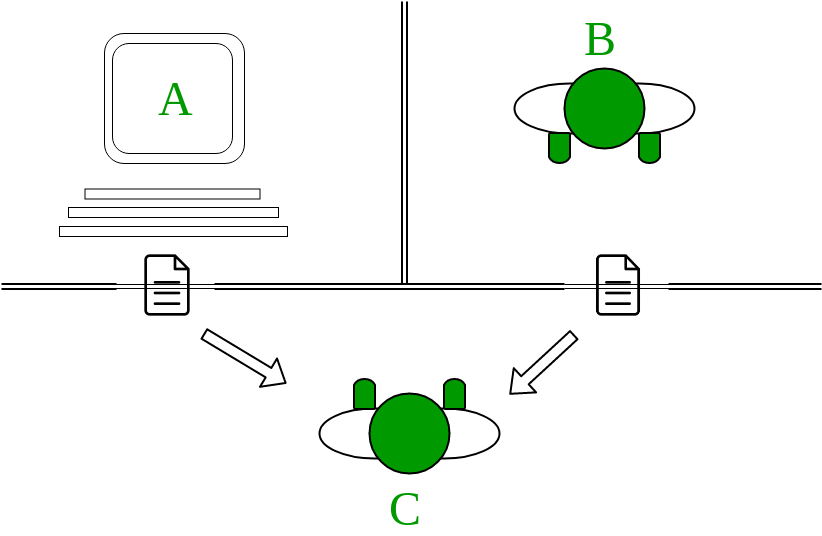


His test provides a translational standard for upcoming AI modalities. We achieved results that can evaluate the performance of our chosen model for this study in a clinical setting and we also applied a quantifiable method for evaluating our modified Turing test results using a meta-analytical evaluation framework.

In order to run our test, we used a state-of-the-art AI model and compared it to radiologists for checking how generalized the model is and if any biases are prevalent. We propose a novel methodology to assess AI-based healthcare technology that provided verifiable diagnostic accuracy and statistical robustness. For evaluating the future generation of medical diagnostics and medical robots, it remains an essential qualitative instrument. In order to evaluate artificial intelligence (AI) in computer technology, the Turing test was created. Due to the growing need to provide better global healthcare, computer-based and robotic healthcare equipment that depend on artificial intelligence has seen an increase in development.


 0 kommentar(er)
0 kommentar(er)
